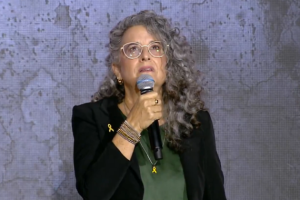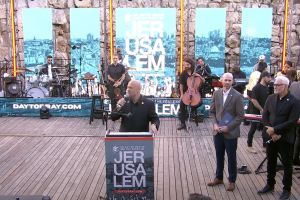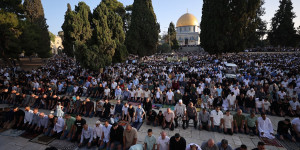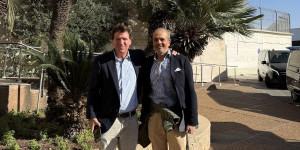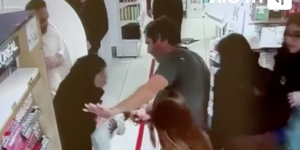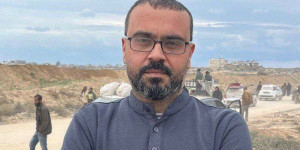The Feast of Tabernacles takes on new meaning in Israel
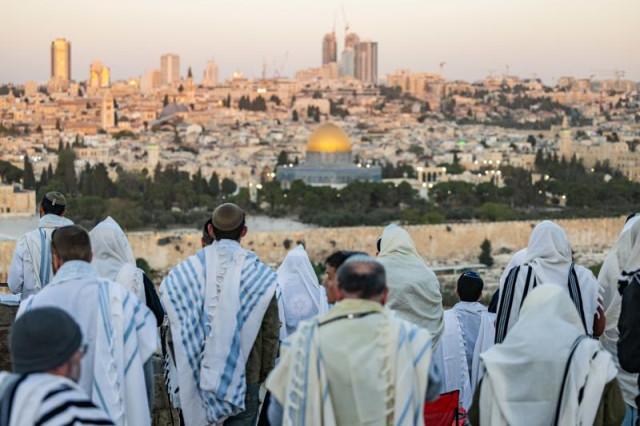
The Feast of Tabernacles has many names: Tabernacles, booths, shelters, the Feast of Ingathering…. In Hebrew it is called “Sukkot,” the plural of “sukkah,” which is the temporary shelter each Israelite household was commanded to construct when God gave the Law at Sinai:
“You shall dwell in booths for seven days. All native Israelites shall dwell in booths, that your generations may know that I made the people of Israel dwell in booths when I brought them out of the land of Egypt: I am the Lord your God” (Leviticus 23:42-43).
This year the first day of Sukkot collided with Oct. 7, the worst anniversary Israel has ever known – second only to the Holocaust. On that day two years ago, Israelis were seeking shelter of another kind, running to their bomb shelters and safe rooms as missiles rained down furiously from 6:30 a.m. onwards.
It was a rude awakening to what was supposed to be the end of a joyful feast, but as the nation woke up, the awareness of the terrible situation gradually grew into full blown horror. It was so much worse than anyone could ever have imagined.
Two years on and we are back in our booths, our sukkot, and trying to face this feast with the joy that God commanded. But we will never be the same again.
Even our shelters and safe rooms, mandated by Israeli law, have turned out not to be so safe, as many found in the Gaza Envelope that terrible morning. Far too many Israelis died in their shelters that day, either burned alive or unable to lock the door and protect themselves from terrorists who just marched in to rape, torture and kill. Similarly, when ballistic missiles were fired from Iran they ripped through apartment blocks, destroying even fortified bomb shelters.
We have been made keenly aware of the fact that even our best made shelters are not impenetrable. Life is fragile.
The theme of shelters is a powerful metaphor on so many levels, and an appropriate reminder of the whole point of Sukkot. Our shelter in this world is so fragile and temporary. In addition to feasting, resting and rejoicing, we are supposed to be mindful of the transient nature of life, and of our mortality. These shelters are like our own frames: temporary housing, the eternal soul abiding in our temporal bodies.
This world is not our home – we were made for eternity with God. We are merely trudging through the desert of this life, like the Israelites through the wilderness, on the way to the Promised Land. We have left the slavery of sin and death, but we are in an in-between place.
As you go about the streets of Israel today, you will see many booths and shelters set up for the holiday, decorated with cheerful garlands and pictures related to Israel’s history. It is, in general, a joyful feast. Even now, the sounds of families enjoying the fun ring through the air in Jerusalem – children are laughing and playing, special holiday dishes are laid on tables bending with the bounty, and it’s a time to enjoy life together.
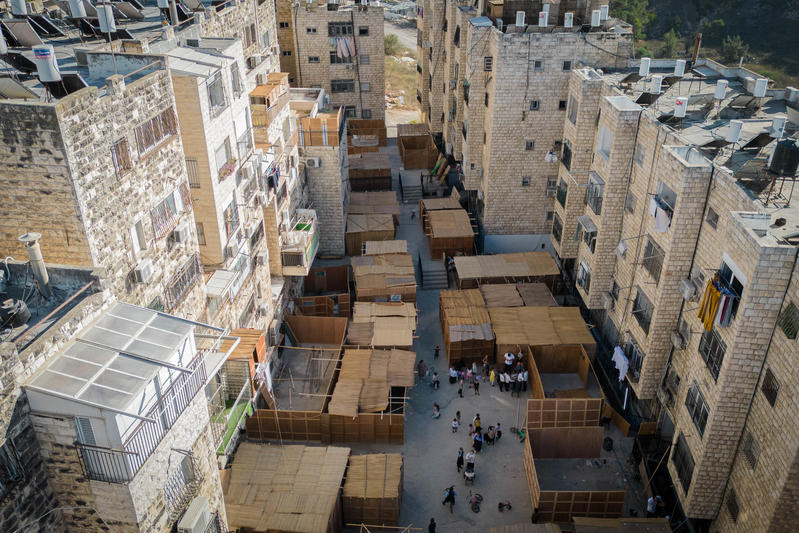
For many, Sukkot is their favorite feast of all, and in the Bible it is often referred to simply as “The Feast,” with the expectation that the reader will understand. Like an inside-out Christmas tree, the family helps decorate the interior of the flimsy construction of poles and sheets with palm leaves on top for a roof.
Yet we are still having to take cover even now, two years on, as the rockets continue to come. The Houthis haven’t given up on their determination to destroy Israel, and the apps on our phones are still sending alerts telling us that we need to be near a shelter. The sharp juxtaposition of sorrow and joy has become all the sharper since Oct. 7.
Under these shelters which God commanded for each family, just as a bomb shelter is required by Israeli law in each building, you can look up, through the palm fronds, and see the sky. The twinkling stars remind us that our shelters are not indestructible. Our life here on earth is not guaranteed. This world and all that is in it will pass away, but we are promised a permanent home where we can tabernacle with God forever.
“And I heard a loud voice from the throne saying, “Behold, the dwelling place [tabernacle] of God is with man. He will dwell with them, and they will be his people, and God himself will be with them as their God. He will wipe away every tear from their eyes, and death shall be no more, neither shall there be mourning, nor crying, nor pain anymore, for the former things have passed away” (Revelation 21:3-4).
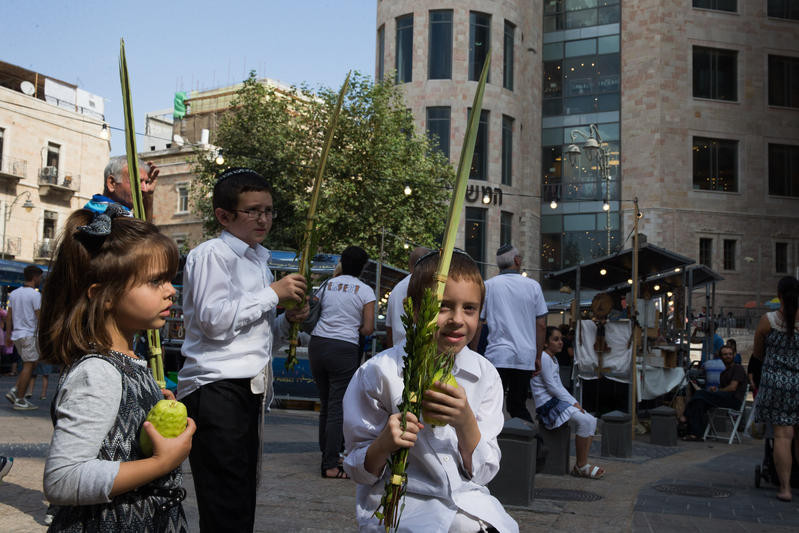
Is All Israel News’ faithful reporting important to you? Be part of it—help us continue by becoming a $5/month supporting partner.

Jo Elizabeth has a great interest in politics and cultural developments, studying Social Policy for her first degree and gaining a Masters in Jewish Philosophy from Haifa University, but she loves to write about the Bible and its primary subject, the God of Israel. As a writer, Jo spends her time between the UK and Jerusalem, Israel.
You might also like to read this:


